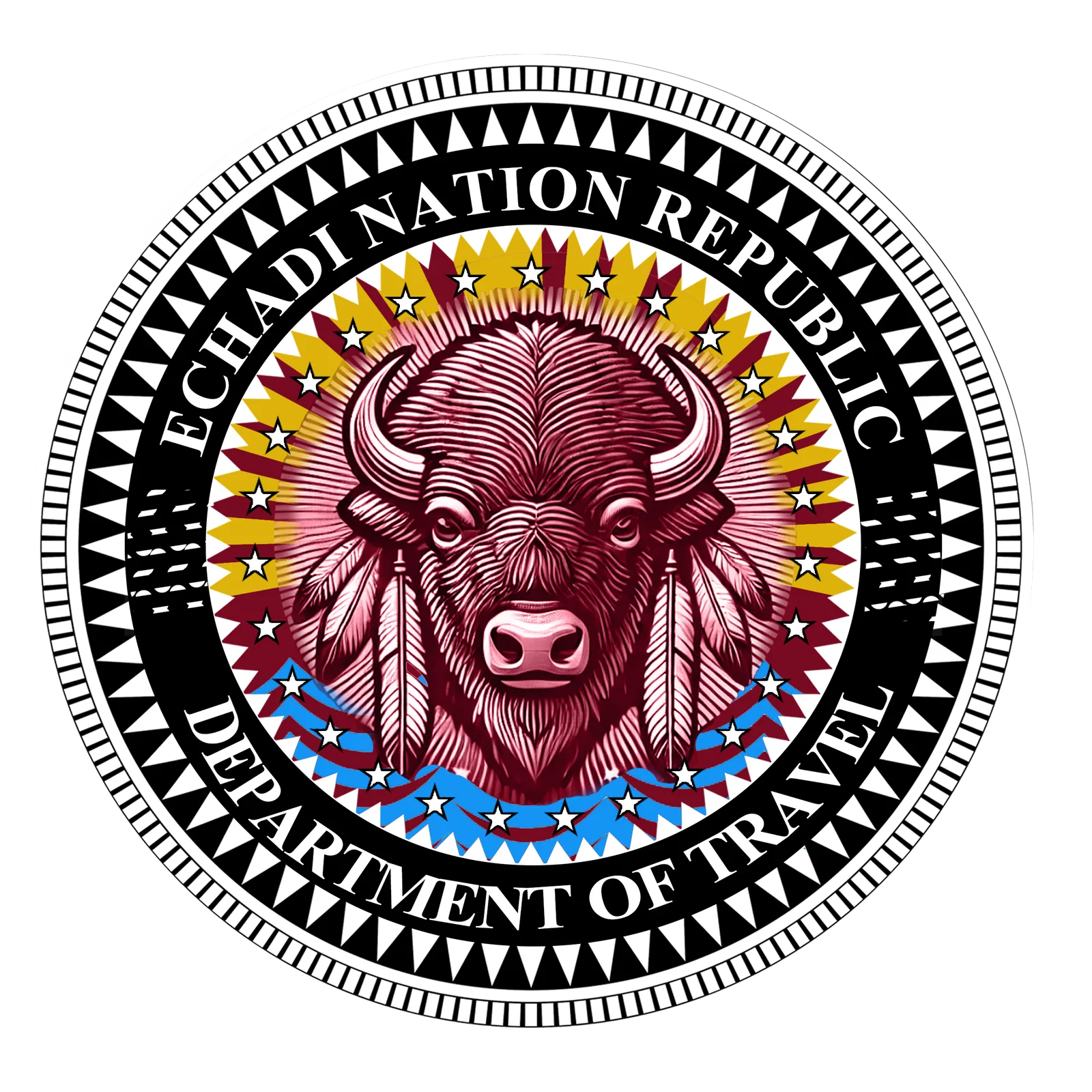Introduction
The Echadi Nation Republic DOT is the agency responsible for managing transportation infrastructure, mobility systems, and logistics across Echadi sovereign lands. It plays a key role in advancing national autonomy, economic connectivity, and community resilience within the ENR framework.
1. Strategic Mission & Vision
The ENR DOT is dedicated to:
- Developing safe, sustainable, and efficient transportation networks for tribal lands—including roads, bridges, and transit corridors.
- Supporting Indigenous-led infrastructure that aligns with sacred land values, cultural integrity, and environmental stewardship.
- Fostering community engagement in planning discussions, ensuring projects reflect local input and long-term sovereignty goals.

2. Key Functions & Services Echadi Nation Republic DOT
Infrastructure Development
- Maintenance and construction of tribal roadways and transit systems within ENR territory.
- Enabling connection across village hubs, ceremonial centers, housing developments, and regional facilities.
Transportation Planning & Policy
- Crafting tribal mobility policies—regulating vehicle access, sacred-zone restrictions, and eco-conscious transit guidelines.
- Coordinating with tribal environmental ordinances and Sovereignty protections.
Community Mobility Initiatives
- Implementing shared-vehicle programs and transit services to support tribal workforce mobility.
- Designing pathways and shuttle systems tailored to tribal residential and settlement clusters.
Logistics & Emergency Response
- Managing transportation logistics during emergencies, ensuring rapid support deployment for natural or community events.
- Coordinating infrastructure support for sacred ceremonies, land-based community gatherings, and tribal functions.

3. Cultural & Environmental Integration
- All DOT projects respect sacred territories—roads and infrastructure are designed to avoid culturally sensitive areas.
- Uses ecological design principles, ensuring minimal impact and honoring traditional land-use customs.
4. Governance: Oversight & Tribal Coordination
- DOT operations fall under tribal administration, overseen by legislative bodies aligned with the ENR Constitution.
- Coordination with ministries such as Ministry of Justice and Parliament ensures legal compliance with sovereignty laws and land-use codes.
5. Impact & Benefits
- Enhanced Sovereignty: Transportation infrastructure developed by and for the Echadi offers greater independence from external transit systems.
- Economic Growth: Improved mobility fosters commerce, tourism, and sustainable development within tribal communities.
- Social Cohesion: Infrastructure connects remote settlements, enabling access to communal services, gatherings, education, and healthcare.
What does the Echadi Nation Republic Department of Transportation (DOT) do?
The ENR DOT is responsible for planning, building, and maintaining transportation infrastructure within tribal territories. It manages road networks, transit systems, and mobility policies while ensuring that all projects respect sacred lands and ecological values.
How does the DOT ensure its projects align with Indigenous cultural values?
All ENR DOT initiatives are guided by the Nation’s commitment to ancestral land stewardship. Projects undergo cultural and environmental assessments to avoid disrupting sacred sites, and planning incorporates community consultation and traditional knowledge.
Is there a public transportation system for Echadi Nation residents?
Yes. The ENR DOT coordinates community transit services, including shuttles and shared mobility programs, to connect tribal settlements, housing zones, ceremonial areas, and key service centers—ensuring equitable access to transportation for all citizens.

